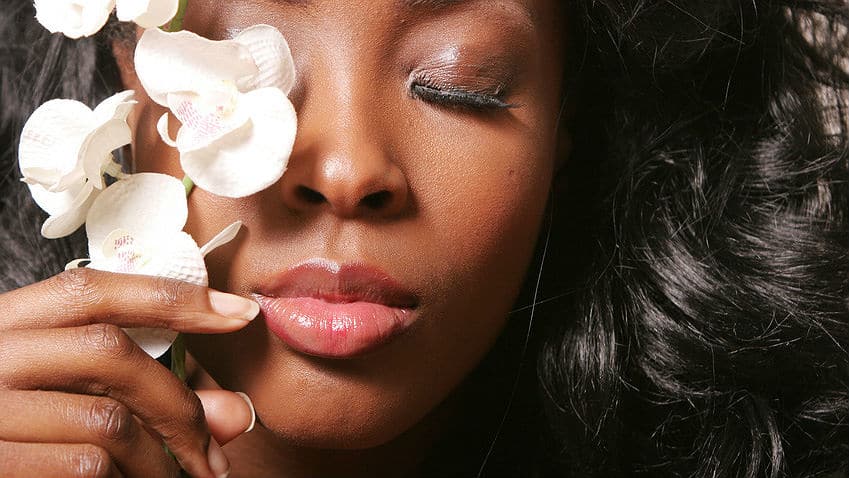The narrative is always the same; European colonialism and the patriarchal society that we live in has conditioned us all to think that anyone that isn’t white or from the western world isn’t capable of helping themselves. White males are the ones who gain the most privilege that this line of thinking provides, and women and people of colour are pushed to the bottom.
While this tradition has become mainstream knowledge, there is though a troubling trend within the feminist community where, while calling out the patriarchy and preaching gender equality, white feminists often take it upon themselves to carry on this archaic belief by not only not taking the time to understand the intersectional issues that other feminists have to deal with, but at times will even use against women of colour and those in the queer and trans communities.
Whether it is Israeli journalist Rebecca Griffin stating that black women should be thanking white feminists for giving us our rights, as if my rights were ever anyone else’s to give in the first place; or, Canadian feminist writer Meghan Murphy penning a hateful article earlier this year in response to a beautiful and tasteful photo that Laverne Cox took for an issue of Allure where she likened it to pornography.
I have experienced this form of white supremacy in my everyday life while growing up in the suburbs of Toronto. Never mind that I have been living in this country since the age of 4 – when I tell people that I was born in Somalia and that I grew up in a Muslim family, there is this automatic assumption that people make about me; that I must be oppressed. I find myself constantly fending off questions about female genital mutilation, immigrating to Canada as a refugee and whether or not I wear a hijab. These are all issues that I have never personally experienced but in which I’m still expected to be an expert. When white feminists cock their heads at me and pose these questions while using the sympathy voice, what they’re really telling me is that no matter what I do or how much I educate myself, I will never be Canadian enough for them.
The saddest part of this ignorance is that the preoccupation these women have with being our white saviour takes attention away from not only the issues that we still have to deal with, but also the shared reality that we live with everyday.
While most white women only have to deal with sexism, the rest of us are still battling that along with racist, Islamaphobic, homophobic, or transphobic barriers. Yes, women in Canada still make 84.7 cents to every dollar that non-racialized men make, but that number only applies to white women. The reality is that black women actually make 53.4 cents to every dollar that white males make, driving us further down the socio economic hierarchy.
With such economic disparities as these so deeply ingrained into our culture, teaching us that some minds are worth more than others, it breeds a culture that sees our bodies as being worth just as little. Aboriginal, immigrant and refugee women are overrepresented as victims of violence against women in Canada. Although poverty doesn’t directly lead to domestic violence, the consequences of it can aggravate the effect of violence. In other words, if a woman is poor and lives in a violent home, she can’t leave said home because she is financially dependent on her partner. The outcomes of racism and poverty also make it difficult for women in minority groups to access services and seek help, with 1 in 5 Canadian women reporting to have experienced racism through stereotypes, name calling and a lack of quality care when using our healthcare system.
When we have prominent women like former Prime Minister Kim Campbell saying that gender equality is under threat from a society of immigration, it’s made clear to me that mainstream feminism is for affluent, heterosexual white women and I’m okay with that. You see, while the core of modern western feminism focuses on breaking gender roles with regards to labour and within the home, many African, Asian, and Aboriginal cultures have already achieved this. Not only have our foremothers long played a vital role in the economic sustainability of their societies by labouring outside their homes through extensive agricultural fieldwork, but many non-western women are still living in matrilineal societies as well, giving them more control over family life.
My feminism simply isn’t the feminism that Rebecca Griffin, Meghan Murphy or Kim Campbell subscribe to. The safety and prosperity of women who don’t look like them isn’t at the heart of their cause. It’s time we stop pretending that modern western feminism is inclusive of all, and be aware of the different facets of life that minority women have to deal with.



 Follow Us On Instagram
Follow Us On Instagram
